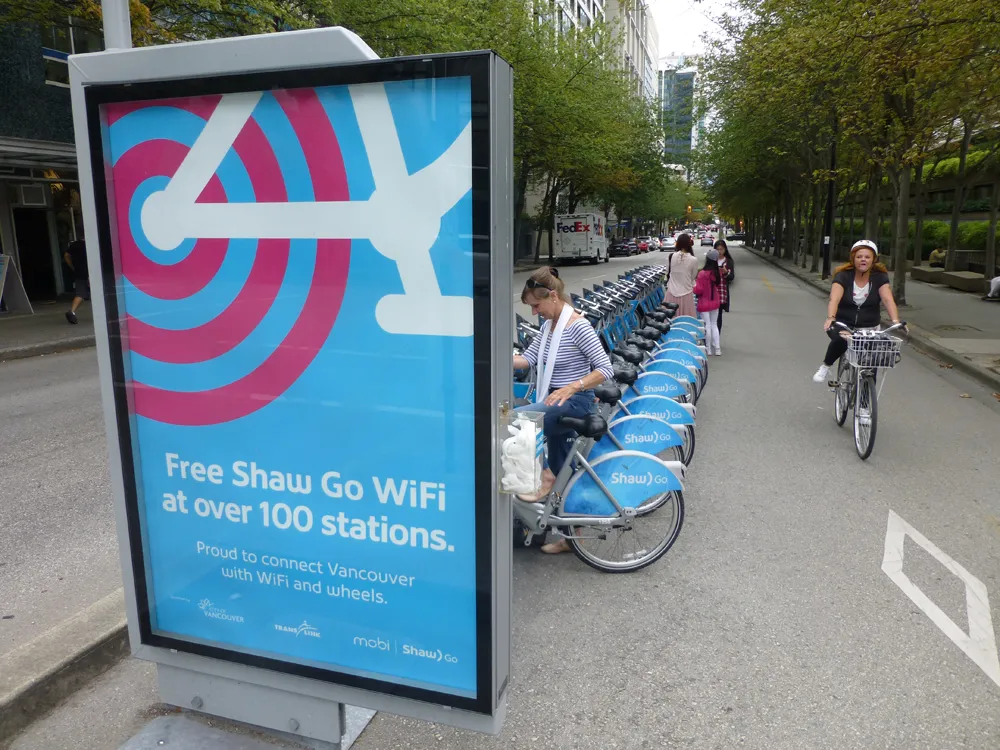The number of fatalities resulting from reported road accidents has climbed by 6% in Pakistan, raising concern over the country's safety record.
February 29, 2012
Read time: 1 min
The number of fatalities resulting from reported road accidents has climbed by 6% in Pakistan, raising concern over the country's safety record. The data comes from Pakistan's Road Traffic Injury Research and Prevention Centre (RTI&PC). With increased numbers of cars on the road in Pakistan and a growing population, the nation's infrastructure is proving unable to cope with demand. Road conditions are also a major cause for concern, particularly in rural areas with minimal safety measures, insufficient maintenance and potholes cited as major causes of accidents.







